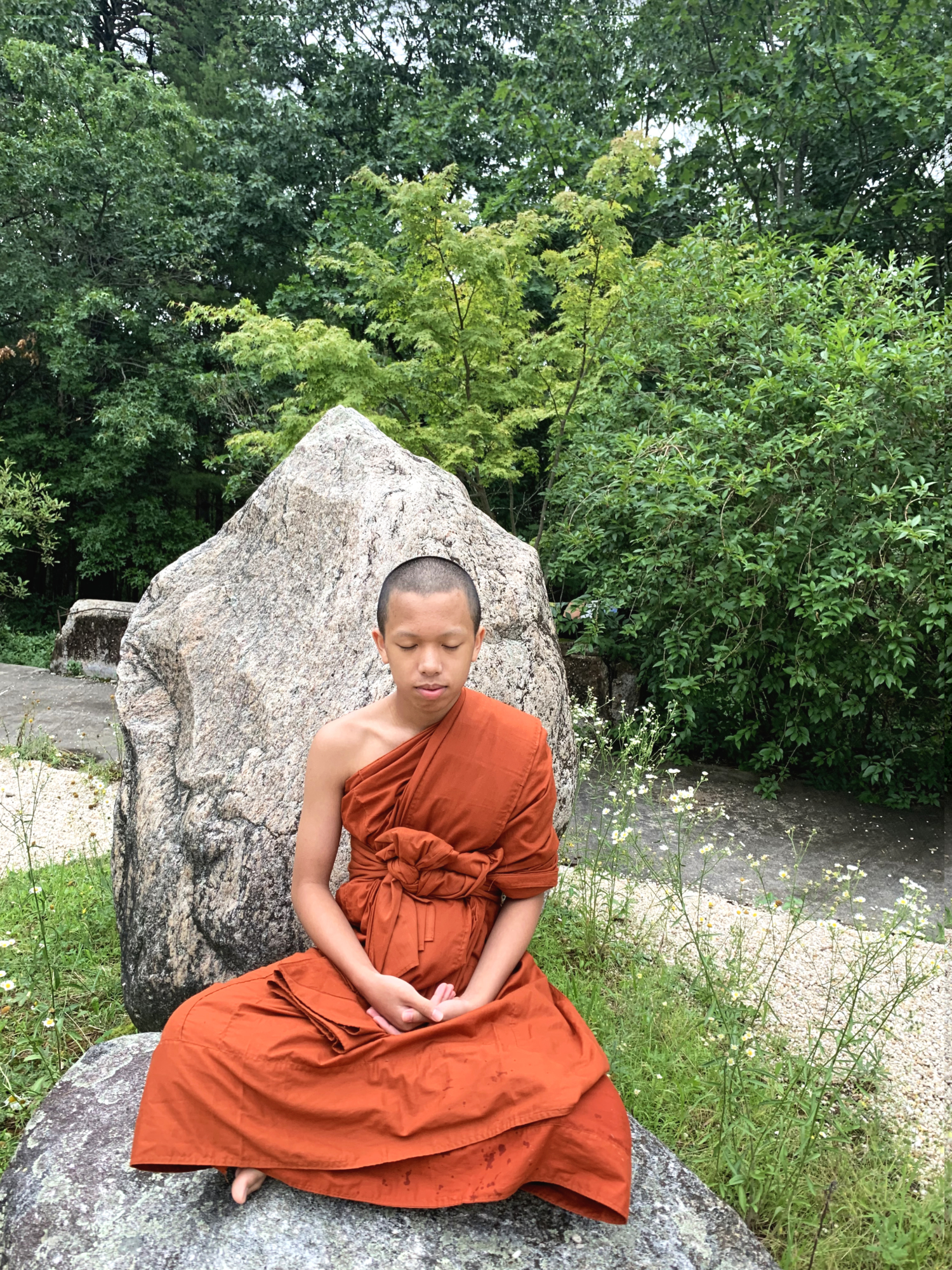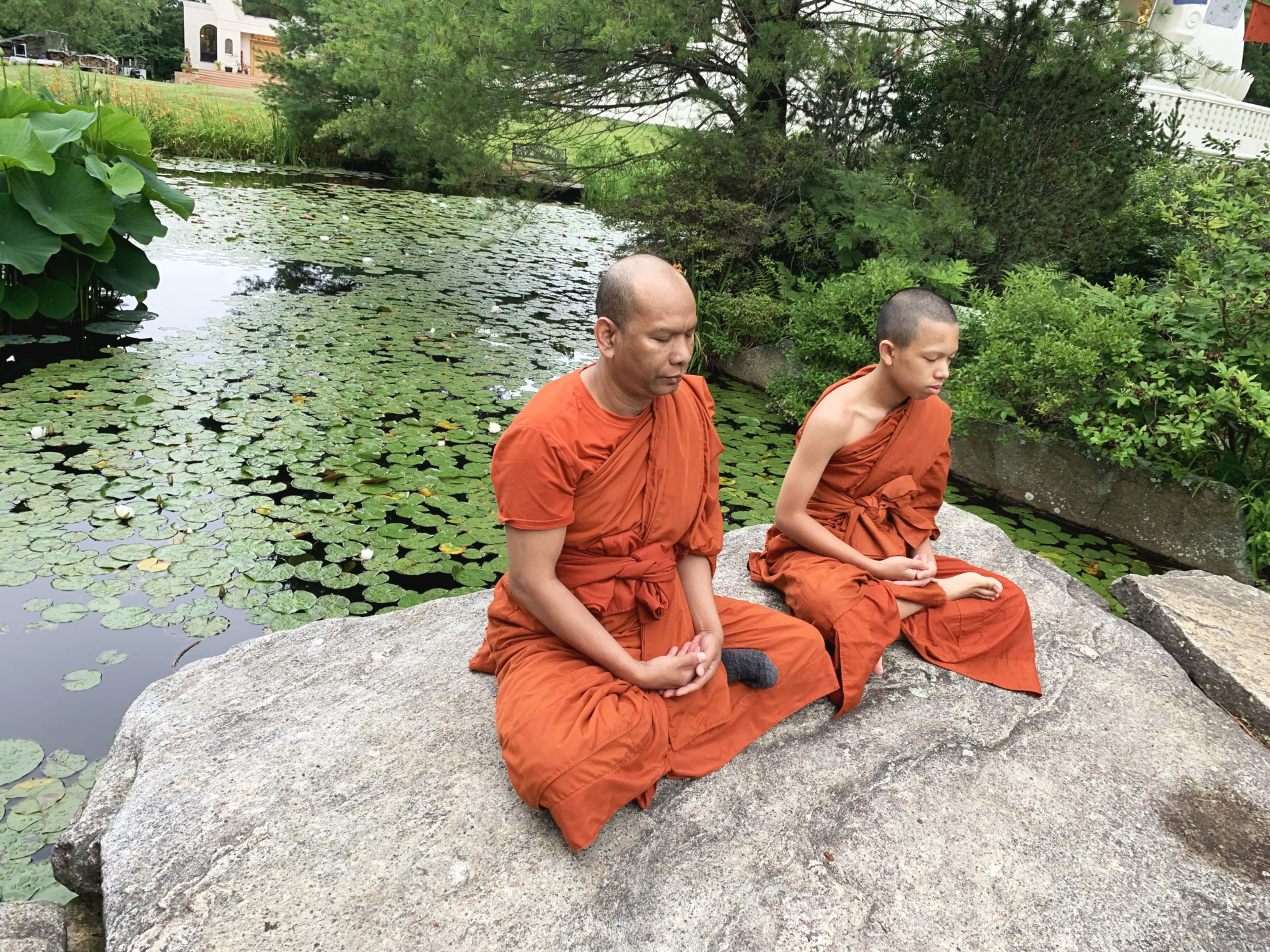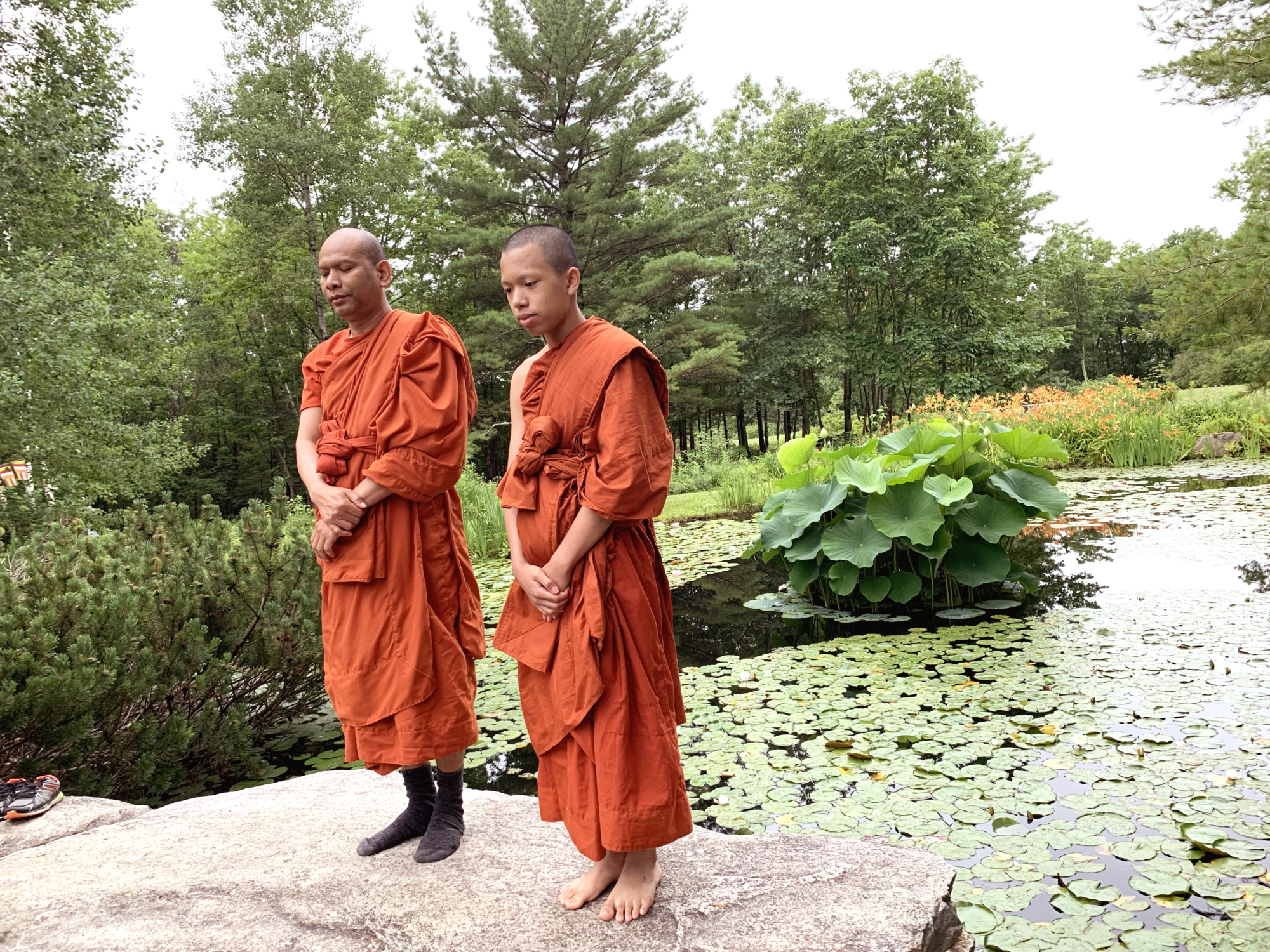- Of all the paths the Eightfold Path is the best; of all the truths the Four Noble Truths are the best; of all things passionlessness is the best: of men the Seeing One (the Buddha) is the best.
-
This is the only path; there is none other for the purification of insight. Tread this path, and you will bewilder Mara.
-
Walking upon this path you will make an end of suffering. Having discovered how to pull out the thorn of lust, I make known the path.
-
You yourselves must strive; the Buddhas only point the way. Those meditative ones who tread the path are released from the bonds of Mara.
-
“All conditioned things are impermanent” — when one sees this with wisdom, one turns away from suffering. This is the path to purification.
-
“All conditioned things are unsatisfactory” — when one sees this with wisdom, one turns away from suffering. This is the path to purification.
-
“All things are not-self” — when one sees this with wisdom, one turns away from suffering. This is the path to purification.
-
The idler who does not exert himself when he should, who though young and strong is full of sloth, with a mind full of vain thoughts — such an indolent man does not find the path to wisdom.
-
Let a man be watchful of speech, well controlled in mind, and not commit evil in bodily action. Let him purify these three courses of action, and win the path made known by the Great Sage.
-
Wisdom springs from meditation; without meditation wisdom wanes. Having known these two paths of progress and decline, let a man so conduct himself that his wisdom may increase.
-
Cut down the forest (lust), but not the tree; from the forest springs fear. Having cut down the forest and the underbrush (desire), be passionless, O monks! [20]
-
For so long as the underbrush of desire, even the most subtle, of a man towards a woman is not cut down, his mind is in bondage, like the sucking calf to its mother.
-
Cut off your affection in the manner of a man who plucks with his hand an autumn lotus. Cultivate only the path to peace, Nibbana, as made known by the Exalted One.
-
“Here shall I live during the rains, here in winter and summer” — thus thinks the fool. He does not realize the danger (that death might intervene).
-
As a great flood carries away a sleeping village, so death seizes and carries away the man with a clinging mind, doting on his children and cattle.
-
For him who is assailed by death there is no protection by kinsmen. None there are to save him — no sons, nor father, nor relatives.
-
Realizing this fact, let the wise man, restrained by morality, hasten to clear the path leading to Nibbana.
“Maggavagga: The Path” (Dhp XX), translated from the Pali by Acharya Buddharakkhita. Access to Insight (BCBS Edition), 30 November 2013, http://www.accesstoinsight.org/tipitaka/kn/dhp/dhp.20.budd.html
Maggavagga: The Path
273
Of paths, the eightfold is best.
Of truths, the four sayings.
Of qualities, dispassion.
Of two-footed beings,
the one with the eyes
to see.
274-276
Just this
is the path
— there is no other —
to purify vision.
Follow it,
and that will be Mara’s
bewilderment.
Following it,
you put an end
to suffering & stress.
I have taught you this path
having known
— for your knowing —
the extraction of arrows.
It’s for you to strive
ardently.
Tathagatas simply
point out the way.
Those who practice,
absorbed in jhana:
from Mara’s bonds
they’ll be freed.
277-279
When you see with discernment,
‘All fabrications are inconstant’ —
you grow disenchanted with stress.
This is the path
to purity.
When you see with discernment,
‘All fabrications are stressful’ —
you grow disenchanted with stress.
This is the path
to purity.
When you see with discernment,
‘All phenomena are not-self’ —
you grow disenchanted with stress.
This is the path
to purity.
280
At the time for initiative
he takes no initiative.
Young, strong, but lethargic,
the resolves of his heart
exhausted,
the lazy, lethargic one
loses the path
to discernment.
281
Guarded in speech,
well-restrained in mind,
you should do nothing unskillful
in body.
Purify
these three courses of action.
Bring to fruition
the path that seers have proclaimed.
282
From striving comes wisdom;
from not, wisdom’s end.
Knowing these two courses
— to development,
decline —
conduct yourself
so that wisdom will grow.
283-285
Cut down
the forest of desire,
not the forest of trees.
From the forest of desire
come danger & fear.
Having cut down this forest
& its underbrush, monks,
be deforested.
For as long as the least
bit of underbrush
of a man for women
is not cleared away,
the heart is fixated
like a suckling calf
on its mother.
Crush
your sense of self-allure
like an autumn lily
in the hand.
Nurture only the path to peace
— Unbinding —
as taught by the One Well Gone.
286-287
‘Here I’ll stay for the rains.
Here, for the summer & winter.’
So imagines the fool,
unaware of obstructions.
That drunk-on-his-sons-&-cattle man,
all tangled up in the mind:
death sweeps him away —
as a great flood,
a village asleep.
288-289
There are no sons
to give shelter,
no father,
no family
for one seized by the Ender,
no shelter among kin.
Conscious
of this compelling reason,
the wise man, restrained by virtue,
should make the path pure
— right away —
that goes all the way to Unbinding.
“Maggavagga: The Path” (Dhp XX), translated from the Pali by Thanissaro Bhikkhu. Access to Insight (BCBS Edition), 30 November 2013, http://www.accesstoinsight.org/tipitaka/kn/dhp/dhp.20.than.html










Hope you are doing well . Good night from here Jen.